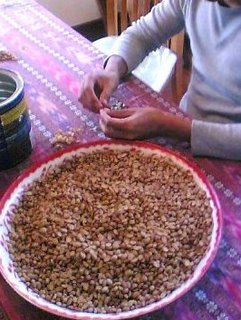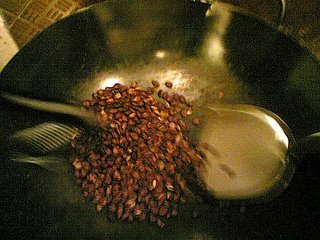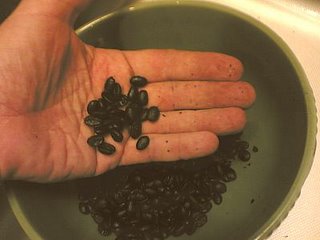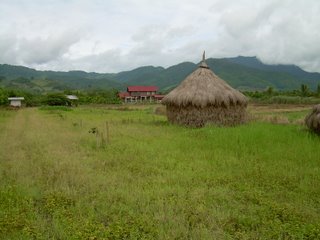Behind Closed Doors: Linguistic Reclamation
Warning: This post includes some highly offensive words.
If you walked into any of my classes over the past week, you would have been confronted by these words on the markerboard:

Although we've done some reading, examining the words nigger and bitch, students are still uncomfortable with this brainstorm activity. And so am I. Although I've taught this unit before, I've never quite taught it this way - throwing words on the board. But my students are strangely reassured by my discomfort; it eases their own.
Before we began our brainstorm of words, I had shut the classroom door. I don’t need these words floating out of context into the hallway. We talk about how we can say these words because we are not using them against any one; rather we are delving into these words as intellectual inquiry. I stress this point over and over again.
We have a purpose. Students will pick one of these words, used oppressively by an out-group (a dominant culture) to manipulate and control an in-group (a target group), and argue whether or not the word should be reclaimed by the in-group. The question is: Should this word be reclaimed?
It’s not so simple. Linguistic reclamation is a political act and not every one in a particular in-group agrees over such reclamation. And even when they do, they don’t always agree on the goal of that reclamation.
We walk through a difficult, scholarly journal article entitled, A Queer Revolution: Reconceptulaizing the Debate Over Linguistic Reclamation. At first, students look like deers, caught in the headlights. The article, a hard read, explores three different perspectives of linguistic reclamation, and discusses the goals of reclamation. The abstract alone contains words and phrases my students are unsure of: pejorative epithet, appropriation, binary debate of support and opposition, inseparable and separable pejoration.
But they are game. They rise to this challenge and we sort through strategies to help them negotiate this scholarly article. Although the writer speaks in terms of theory and in essence, political action, she provides specific examples of how words shift in meaning through reclamation, the pros and cons of each perspective, and a solid discussion of the goals of reclamation. Students are fascinated – and, once we’ve worked through the reading strategies, walked through and gained an understanding of the text structure, and later, discussed the concepts presented in the article, they are pumped that they have dissected a read they thought was far above them.
We'll keep the door shut for a bit longer.




















